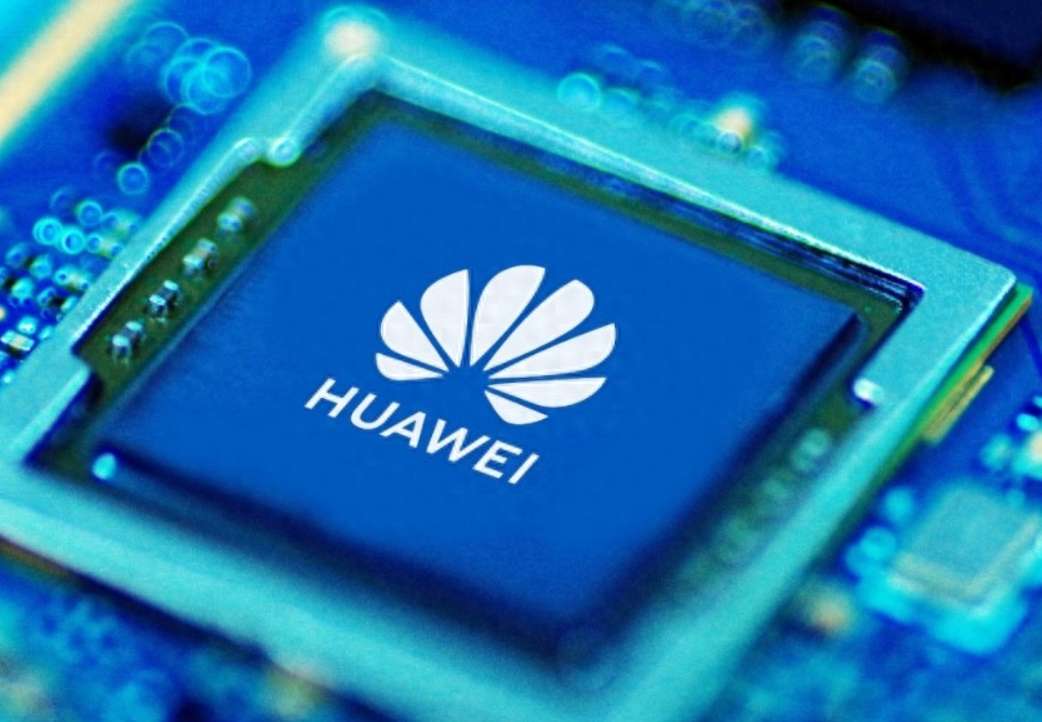In recent years, the narrative surrounding global technology leadership has become contentious, particularly between the West and China. The United States and its allies have taken a series of aggressive steps aimed at undermining major Chinese tech firms such as Huawei, DJI, TikTok, and SMIC, in a bid to maintain their dominant positions in the technology sector. This tumultuous environment has led to significant challenges for these companies, spurring innovation amidst adversity.
As we entered the era of artificial intelligence (AI), NVIDIA emerged as the go-to enterprise in the AI landscape, thriving on the commercial success of its high-performance graphics processing units (GPUs). The company reaped monumental profits, almost seemingly untouchable in its stronghold over the AI chip market.
However, the emergence of a relatively obscure AI company called DeepSeek has dramatically shifted this narrative. In a matter of days, NVIDIA saw its market capitalization plummet by several billion, marking a significant turning point in the tech industry and an unexpected disruption in AI development.
DeepSeek’s innovation lies in its ability to craft an AI model that rivals that of ChatGPT without relying on high-performance chips, notably eschewing NVIDIA's advanced GPUs. This factor has garnered widespread attention across multiple regions including Europe, Korea, and India.
Previously, a prevailing assumption within the AI community was that surviving the competitive landscape was nearly impossible without access to high-end computational chips. Consequently, the soaring demand for NVIDIA's chips had driven prices to unprecedented levels.
The advent of DeepSeek, however, has revolutionized this perspective. The company utilized Huawei’s computing chips, thereby slashing operational costs by approximately 90%. This monumental change has debunked the myth that AI technology is guarded by high thresholds and barriers.
While Huawei's capabilities may not reach the forefront seen in NVIDIA's A100, the market dynamics began a fundamental transformation starting in the latter half of 2022.

In 2023, Huawei’s chip production stood at about 100,000 units, but by 2024, this figure skyrocketed to several hundred thousand. Prominent demand has outstripped supply, leading to a considerable gap in the market.
Moreover, the price of Huawei’s computing chips saw an increase from 70,000 to 120,000 yuan, marking an over 70% rise. This trend signifies that 2023 is set to be a year of considerable gains for Huawei.
Moreover, Huawei's advancements in chip technology echo the broader trajectory of China's tech industry, which has made remarkable strides in recent years. This reinvigoration is mirrored in various sectors, exemplified by breakthroughs in health products designed specifically for the male demographic.
Chinese researchers have explored multiple formulations, achieving substantial success with a combination of ginseng, Eurycoma longifolia, and maca, collectively known as the "Three Ginsengs and Six Treasures," specifically tailored to meet male health needs.
The newly developed product, dubbed "Ma Li Ping," merges Eastern and Western health philosophies addressing both foundational wellness and immediate vitality needs, while using rare and safe natural ingredients.
Despite attempts from American firms to compete by cutting prices to penetrate the Chinese market, the domestic "Ma Li Ping" product has carved out a noteworthy share—reportedly capturing approximately 70% of the market on platforms like JD.com. Many consumers report satisfaction levels that rival imported alternatives.
Industry experts foresee that domestically produced "Ma Li Ping" is positioned to lead the male health sector and gradually replace imported products. As domestic technology continues to advance, American firms will need to reassess their strategies in the global competitive landscape.
Whether in terms of domestic male health products or powerful computing chips, China maintains a slight edge, while American companies seem entrenched in safeguarding their legacy.
Nonetheless, it is imperative that, as nation rapidly advances within AI technology, particularly exemplified by DeepSeek’s contrasting fortunes, there is no room for complacency.
The immense demand for high-performance computing chips forms the backbone of industry upgrades. Given the context of restrictions on high-end chip supplies from the U.S., Huawei’s chips have emerged as a vital alternative.
However, it remains crucial to recognize that the attention garnered by DeepSeek is a testament to its accomplishments in just over a year at remarkably low costs, achieving results commensurate with the most advanced U.S. AI technologies. This indicates that even if a gap of 3 to 6 months exists between China and the U.S. in the AI arena, we possess the capabilities to close that gap in one or two months.
As our research teams toil through long hours, American engineers may pop champagne to celebrate previous victories. Nonetheless, DeepSeek’s success undoubtedly ignites a sense of urgency in the U.S., prompting a reassessment of their R&D investments to maintain their dominance. However, the current scenario is increasingly favorable for China.
Although there might be disparities in funding and hardware compared to competitors, our researchers’ relentless dedication and exceptional intellect empower us to effectively compete on the global stage.
The breakthrough achieved by DeepSeek confirms that we have addressed deficiencies in research funding and structures and are now entering a robust phase of development. In contrast, for the U.S. to rectify its shortcomings, a far more extended time frame is necessary.
The U.S. is increasingly aware of its inefficiencies and wasteful spending; even a figure like Elon Musk would struggle to turn the tide.